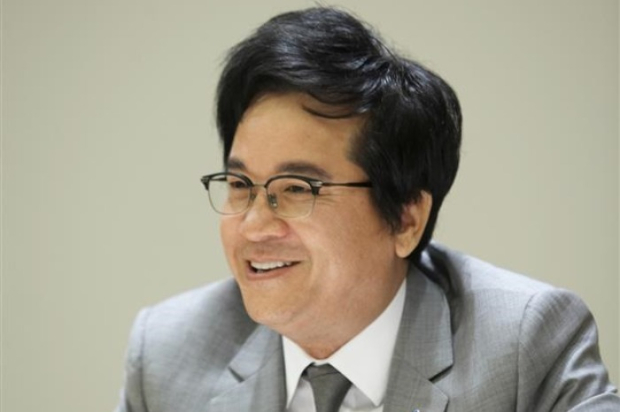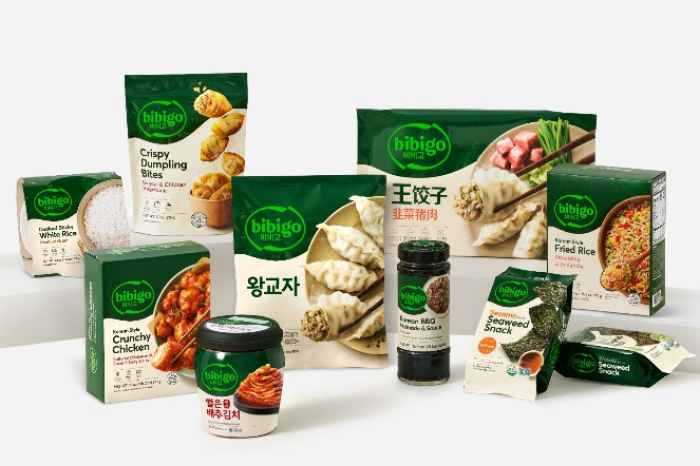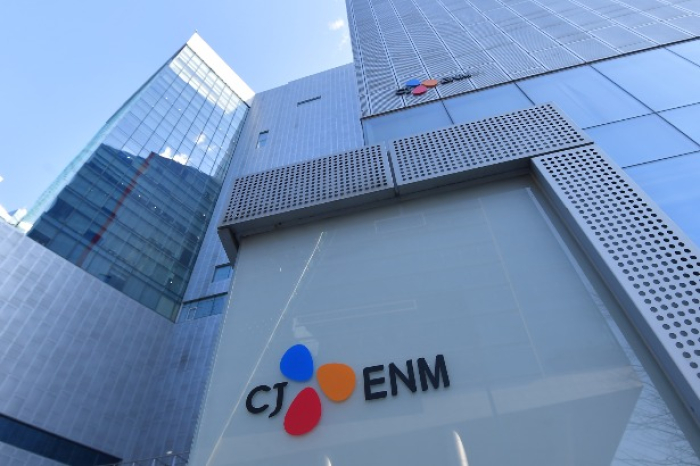
CJ CheilJedang Corp., South Korea’s largest food company, is seeking to sell its bio business for about 6 trillion won ($4.3 billion) in what could be the country’s largest M&A deal this year, according to people familiar with the matter on Monday.
Unloading the profit-making business is in line with its parent CJ Group’s restructuring efforts to revive the sagging sales of its two growth pillars: food and entertainment.
CJ CheilJedang is reaching out to potential buyers of the bio business division that produces amino acids used in microbial food and feed ingredients, the sources told Market Insight, the capital market news outlet of The Korea Economic Daily.
It will receive bids as early as December. Morgan Stanley is handling the sale.
The bio business is one of CJ CheilJedang’s two growth engines, alongside the food business. It is the No. 1 player in the market of lysine, a basic amino acid used in animal feed.
The division had raked in about 4 trillion won in revenue annually over the past three years, with earnings before interest, tax, depreciation and amortization of 500 billion-900 billion won.

CJ CheilJedang has solidified its position in the feed amino acid market, where German and Japanese peers had given way to low-price Chinese rivals.
Thanks to its production bases spanning the US, China, Brazil and Southeast Asia, its bio business enjoyed an explosive sales growth amid global supply chain disruptions during the COVID-19 pandemic period.
In 2021, the division surpassed food business in terms of sales and profits. It makes up 20-30% of CJ CheilJedang’s revenue and operating profits.
In 2024, its sales are forecast to exceed 4 billion won with EBITDA of around 700 billion won. The estimated price for the bio division represents about 10 times its EBITDA.

CJ Group is now questioning whether the feed amino acid business will be able to maintain its growth momentum, said the sources.
It has decided to put more resources into the food business. It is said to use the proceeds from the bio business sale to buy a company in pursuit of global expansion.
Its 2.1-trillion-won purchase in 2018 of Schwan’s Company, the second-largest frozen food maker in the US. propelled CJ’s sales of frozen food under its flagship brand Bibigo and pre-cooked rice Hetbahn sharply higher in the US.
The deal marked CJ Group’s largest-ever acquisition deal.
In 2023, CJ’s food sales reached 4.4 trillion won in the US, more than 10 times that of its sales at the time of the Schwan’s Company purchase.
But its food division as a whole posted a 31% drop on-year to 161.3 billion won in operating profit in the third quarter, weighed by poor domestic sales.

ENTERTAINMENT UNITS
The group’s entertainment units are floundering as well.
Fifth Season, formerly Endeavor Content, has accumulated losses. It racked up 85.9 billion won in net loss in the January-September period this year. It acquired the Hollywood studio for $775.3 million in 2022.
CJ ENM logged 15.8 billion won in operating loss in the July-September quarter, hit by the poor performance of over-the-top player TVing. Its drama studio Studio Dragon suffered declining profits this year.
CJ OLIVEYOUNG
CJ OliveYoung, the country’s largest beauty product chain, made up for the parent group’s losses.
Its revenue and net profit shot up 23.4% and 21.6% in the third quarter from the year prior, respectively. But it accounts for about 10% of the group’s revenue.

RESTRUCTURING EFFORTS
To prop up its food an entertainment businesses, CJ Group has been unloading domestic sales-focused, even profitable, businesses.
In 2018, it sold CJ Hellovision, a cable TV operator, to LG Group and CJ Healthcare, a health functional food maker, to Komar Korea Co. The two companies has generated earnings on a steady basis.
CJ CheilJedang is in the process of selling CJ Feed&Care Co., its wholly owned animal feed and livestock company, for around 1 trillion won.
In 2023, it sold two overseas units: Brazilian soybean crusher CJ Selecta S.A. for an estimated 480.5 billion won and Sichuan Jixiangju Food Co. for about 300 billion won.
By Jun-Ho Cha
chacha@hankyung.com
Yeonhee Kim edited this article.















